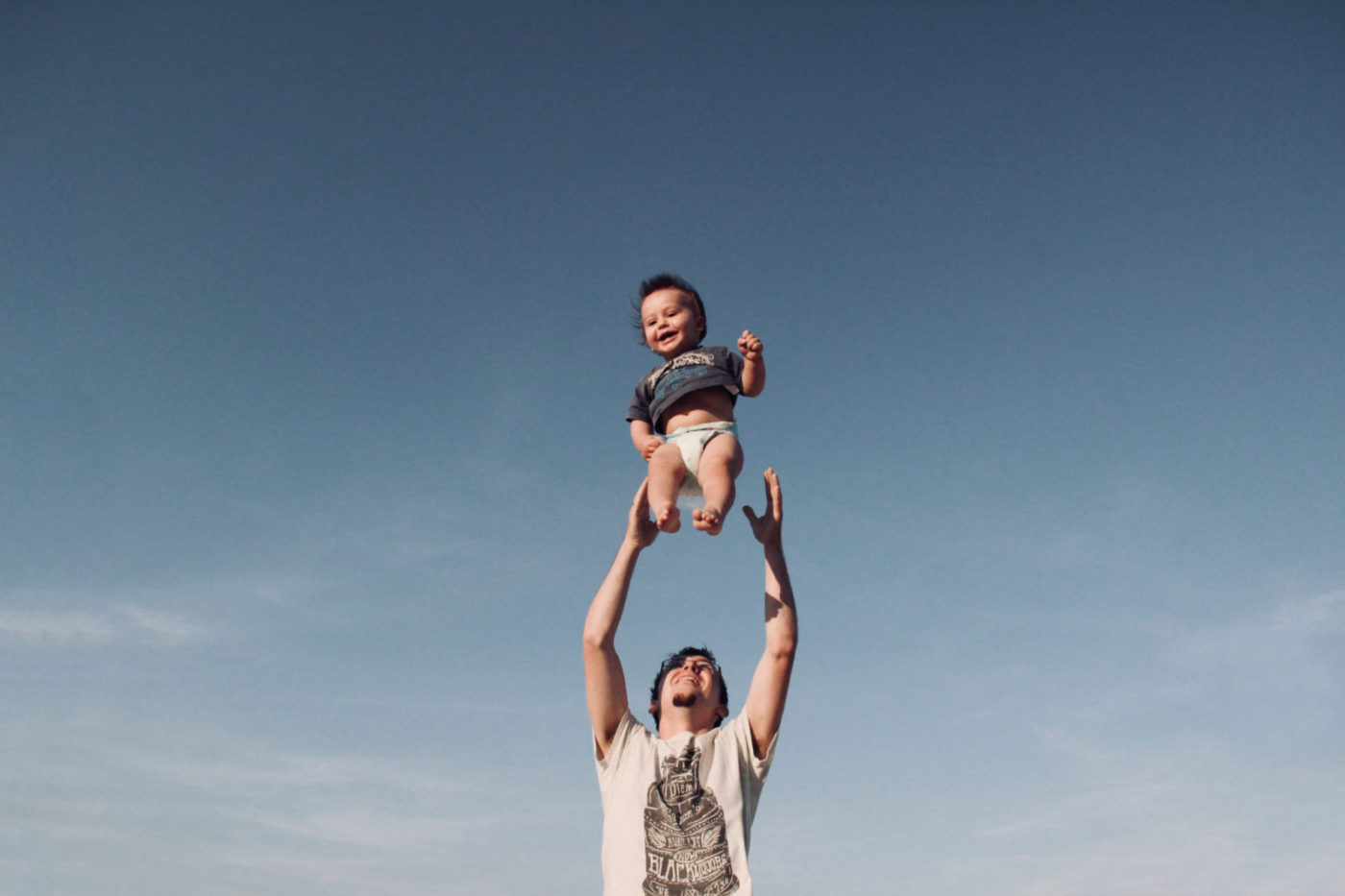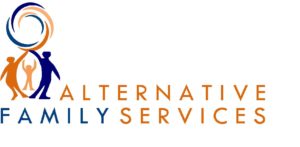Adopting a Baby in California: What Are Your Options?
Interested in adopting a baby in California but don’t know where to start? We have information to help you with the process of adopting.

Interested in potentially adopting a baby in California? Keep reading.
What Types of Adoptions are Available?
For those seeking a baby for adoption, there are a variety of adoption programs available to choose from.
- The most well-known option is known as independent adoption, and it is often facilitated by standalone adoption agencies. The agencies approve and place children available for adoption in qualified homes.
- Private adoptions involve prospective adoptive parents and the birth parent/s coordinating directly, without an intermediary like an adoption agency.
- Fost-adopt is the process of adopting a child, siblings, or teen from foster care.
The California Department of Social Services and California Kids Connection have more detailed information about both adoption in general and adoption in California specifically.
In this realm, here are some more details and terms to know:
- An open adoption is one in which the birth parents and other biological family members are involved to some extent in the child’s life. In a closed adoption, this is generally not the case.
- A foreign adoption is one in which the baby was born outside of the U.S. and is then adopted by an American family. According to the U.S. State Department, more than 250,000 youths have been adopted from outside the United States since 1999.
Another key option that all potential adoptive parents should know about is adopting through foster care. There are many children – including babies, toddlers, teens, and siblings – in foster care right now that are looking for forever homes. According to the Adoption Exchange Association, “About 5,500 children are adopted each year, and about 2,000 California children need an adoptive family every day.”
This is the route that Lupe Rocha has taken, as this AFS fost-adopt parent has adopted multiple foster children before their first birthdays. Check out this video to learn more about her fostering and adoption journey.
The life outcomes for children who are NOT adopted can be grim. Of the children leaving foster care who are not adopted, by age 24 only half will have stable and steady employment, and many become homeless. Fifty percent of these young people will develop a substance abuse problem. Former foster youth without a forever family are 4X as likely to commit a crime. The statistics about what happens to youth who leave foster care without a forever family are tragic and unnecessary—everyone deserves a family!
It is almost impossible to survive in our society without the support of a loving family. Adoption does save lives!
Understanding Adoption Costs
The costs related to adoption and adoption services can vary widely depending on the option selected. When going through an agency, whether domestic or international, costs can easily exceed $30,000 upon completion. Even private adoptions can cost up to $8,000 in some instances. These costs may cover everything from adoption attorney fees to licensing fees and everything else in between. The California Department of Social Services’ website notes some other additional costs that can come up:
- No more than $500 prior to submitting a favorable report to the court.
- Additional related costs surrounding fingerprinting, medical examination, court filings, etc. can total around $100 to $300 typically.
- Independent adoption petition investigations in California cost $4,500.
Adopting from foster care is a different story. Just like when fostering a child, there are typically zero or minimal fees involved. During the time in which a child is being fostered, families qualify for a stipend to help with expenses. Resource Parents receive a monthly stipend per child, and that amount is based on the age of the child and program placement. These funds are designed to reimburse foster parents for the cost of a room, board, clothing, transportation, and other incidentals.
In addition to the monthly reimbursement, foster and adoptive parents with children in care receive $75 (taxable) for attending monthly training meetings. Also, adult friends and family members can qualify to become paid respite workers who can help care for foster children, allowing families to take time off.
Families adopting a foster child may be eligible for a federal tax credit. You should consult with a tax professional for additional information.
Medical and dental expenses are covered by Medi-Cal. Each child receives therapy as needed. This reimbursement is not considered income and it is not taxable.
Further, the California Department of Social Services notes that “families who adopt children who are eligible for the Adoption Assistance Program may qualify for the Non-recurring Adoption Expense Program. The program reimburses families for adoption-related expenses incured during the adoption process.”
What is the Adoption Process Through Foster Care Like?
If the fost-to-adopt road sounds like the right path to you and your family, then be sure to read up on what’s required from you and how it may work from start to finish. There are a number of key steps that must be completed when first beginning the fost-to-adopt process.
- First, schedule an individual orientation by contacting either Alma Woodard at awoodard@afs4kids.org (English), or Samuel Cruz at scruz@afs4kids.org (Spanish).
- Fill out and submit an inquiry form. During the individual orientation, we explain the process and requirements in detail and provide documentation to comply with state regulations.
- AFS conducts an in-depth family assessment including a family evaluation, home visits and personal interviews with every potential Resource Family. During the assessment process, AFS carefully considers the abilities and preferences expressed by the family and the unique needs of the foster child.
- The adoption home study is a critical part of the process ensuring the environment is right for you and youth.
- Every placement is considered an agreement among the parents, AFS staff, county social workers, biological parents (in some cases) and the child (if old enough).
At each step along the way, AFS will support you with orientation, training and guidance to ensure your success through the process.
There is still follow-up and oversight from assigned social workers, adoption professionals and other outside support after an adoption is completed as well. Watch this video to learn a little bit more about available options:
Have any other questions about adopting a baby or any child from foster care? Get in touch! Head to https://www.afs4kids.org/services/adoption-services/ or send us a note at rfarecruitment@afs4kids.org
Our adoption specialists can also be reached by phone at 1-800-300-1022 as well.
Want to learn even more about adoption? Check out these blog posts and videos:
- Can You Adopt an Adult?
- What is a Resource Parent?
- Guardianship vs. Adoption vs. Foster Care: What are the Differences?
- 3 Top Tips for Parents [Infographic]
- 29 Surprising Foster Care Facts
- Fost-Adopt Parents Describe Their Adoptive Daughter
- Describing the Fost-Adopt Transformation
About AFS
Alternative Family Services (AFS) provides thoughtful, informed foster care, adoption and mental health services throughout California’s San Francisco Bay Area and Greater Sacramento region. Since 1978, the mission of AFS has been – and continues to be – to support vulnerable children and families in need of stability, safety and well-being in communities through foster care, adoption and mental health services.
